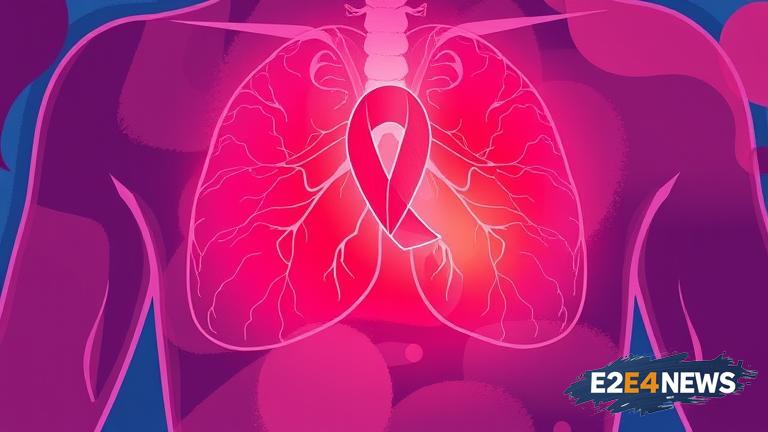Prostate cancer is a type of cancer that affects the prostate gland, a small walnut-sized gland in men that produces seminal fluid. According to recent statistics, prostate cancer is one of the most common types of cancer among men, with over 1.4 million new cases diagnosed worldwide each year. The disease is more common in older men, with the risk increasing significantly after the age of 50. In the United States alone, over 220,000 new cases of prostate cancer are diagnosed annually, resulting in over 30,000 deaths. The exact cause of prostate cancer is still not fully understood, but research suggests that a combination of genetic and environmental factors may contribute to the development of the disease. Family history, diet, and lifestyle have all been identified as potential risk factors. Symptoms of prostate cancer can be subtle, but may include difficulty urinating, painful urination, and erectile dysfunction. If left untreated, prostate cancer can spread to other parts of the body, including the bones, lymph nodes, and liver. Early detection and treatment are critical to improving outcomes for men with prostate cancer. Various treatments are available, including surgery, radiation therapy, and hormone therapy. Researchers are also exploring new and innovative approaches, such as immunotherapy and targeted therapy. In recent years, there have been significant advances in the diagnosis and treatment of prostate cancer, including the development of new biomarkers and imaging technologies. For example, the use of MRI and PET scans has improved the accuracy of diagnosis and allowed for more targeted treatment. Additionally, the introduction of new medications, such as abiraterone and enzalutamide, has expanded treatment options for men with advanced prostate cancer. Despite these advances, there is still much to be learned about prostate cancer, and ongoing research is focused on improving our understanding of the disease and developing more effective treatments. The American Cancer Society and other organizations are working to raise awareness about prostate cancer and promote early detection and treatment. Men can reduce their risk of developing prostate cancer by maintaining a healthy diet, exercising regularly, and getting regular check-ups. It is also essential to be aware of the signs and symptoms of prostate cancer and to seek medical attention if any unusual symptoms occur. Furthermore, men with a family history of prostate cancer should discuss their risk with their doctor and consider genetic testing. In conclusion, prostate cancer is a significant health concern for men worldwide, but with ongoing research and advances in treatment, there is hope for improving outcomes and reducing the burden of the disease. By staying informed and taking proactive steps to reduce their risk, men can play an active role in maintaining their health and well-being. The importance of early detection and treatment cannot be overstated, and men should not hesitate to seek medical attention if they experience any unusual symptoms. As research continues to uncover the complexities of prostate cancer, it is likely that new and innovative treatments will emerge, offering improved outcomes for men affected by the disease.
Mon. Oct 20th, 2025
